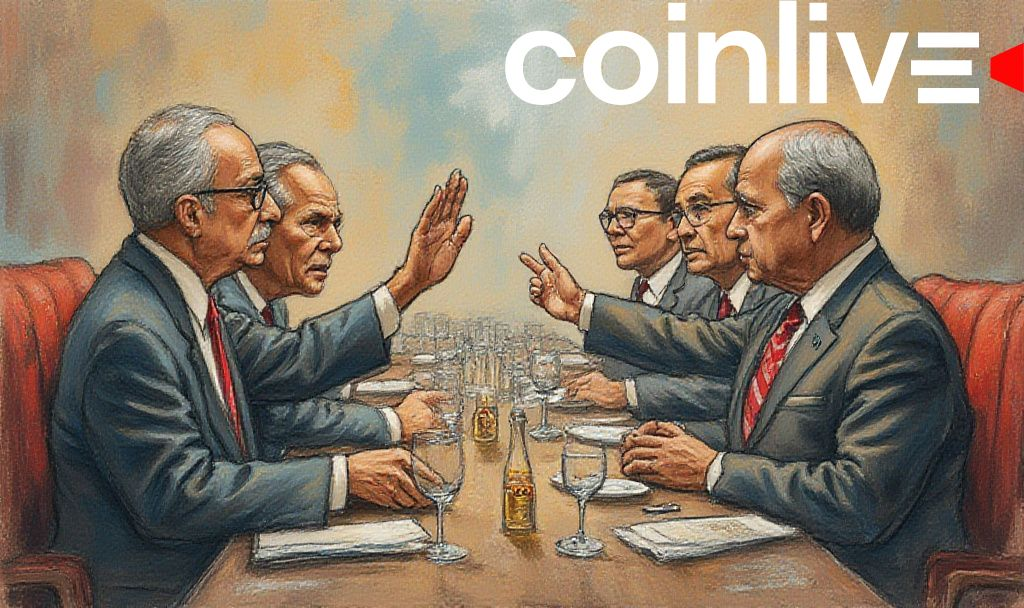- Bessent highlights progress with India’s trade practices.
- Potential early trade deal with India.
- Trump closely involved in new US trade deals.

The announcement indicates a possible easing of US-India trade tensions, with Bessent highlighting India’s favorable trade practices aiding negotiations. Potential developments could influence market dynamics and industry relations between the two nations.
Scott Bessent, currently serving as US Treasury Secretary, has indicated that India is seen as a primary candidate for an initial trade deal. Highlighting India’s open trade practices, Bessent stressed the likely prioritization of a US-India agreement. President Donald Trump, actively involved in US trade negotiations, reinforces the importance of reaching new deals with major partners, such as India. Bessent’s emphasis on India suggests potential modifications or avoidance of new tariffs, which the US plans to implement in 2025.
“I would guess that India would be one of the first trade deals we would sign. So watch this space.” – Scott Bessent, CNBC
While the immediate effect on crypto markets remains minimal, equitable sectors including tech outsourcing may initially observe changes. These developments could affect cross-border trades, potentially leading to altered asset flow dynamics across relevant industries. As negotiations progress, the financial implications may become clearer. India’s strategic position and fewer non-tariff barriers present potential advantages for both nations. Furthermore, the collaboration might set a precedent for future trade policies with other partners.
The announcement underscores the importance of US-India relations within global trade contexts. Industry leaders should remain vigilant in monitoring developments, as they might impact certain market niches. Historical trends suggest short-term volatility may arise, particularly in USD/INR shifts, which could affect capital flow. If trade talks succeed, strategic ventures might lead to beneficial outcomes for both economies. The prospect of a trade deal indicates a shifting landscape in international economic policy, emphasizing the interaction between tariff guidelines, foreign relations, and industry consequences.








